Consider a scenario where a user searches for information on “best smartphones.” Rather than fixating solely on the primary keyword “smartphones,” a savvy SEO strategist employing Keyword Swarming would identify a cluster of related terms such as “top-rated phones,” “latest mobile devices,” “smartphone reviews,” and “popular cellphones.” By seamlessly integrating these keywords into the content, the webpage becomes more attuned to the nuanced nuances of user queries, thereby enhancing its chances of appearing prominently in search results.
Keyword Swarming is a strategy that attacks users’ search queries across diverse topics and ranges of related terms and variations. By strategically incorporating these variations into a webpage’s content, Meta tags, headings, and other on-page elements, keyword-swarming strategies can create a more comprehensive semantic footprint that closely aligns with the user’s search intent. However, these strategic illustrations can provide a sub-par user experience as was the case with Forbes.
Forbes Example of Keyword Swarming
The proliferation of Keyword Swarming across Forbes’ digital assets contributed to content homogenization and a loss of editorial distinctiveness. As articles became increasingly optimized for specific keyword clusters, there was a noticeable lack of diversity in topics and perspectives covered. Users who sought a broad range of viewpoints and subject matter found themselves encountering repetitive content that failed to captivate or inform, in many cases hosted on a cloned website that had little if any value. This homogenization of ads and content not only diminished the overall quality of Forbes’ offerings but also eroded its brand identity as a platform for diverse and thought-provoking business news and insights.
Forbes caught in 2024 for Ad-Fraud
In 2024, Forbes’ implementation of Keyword Swarming, while effective from black hat SEO perspectives, also had unintended consequences that negatively impacted user experience as well as the reputation of the brand. Despite Forbes’ efforts to optimize its content for search engine visibility, some users found the prevalence of keyword-stuffed articles to be off-putting and detracted from their overall browsing experience. Following the Wall Street Journal report, Forbes pulled down the copycat variations of their site.
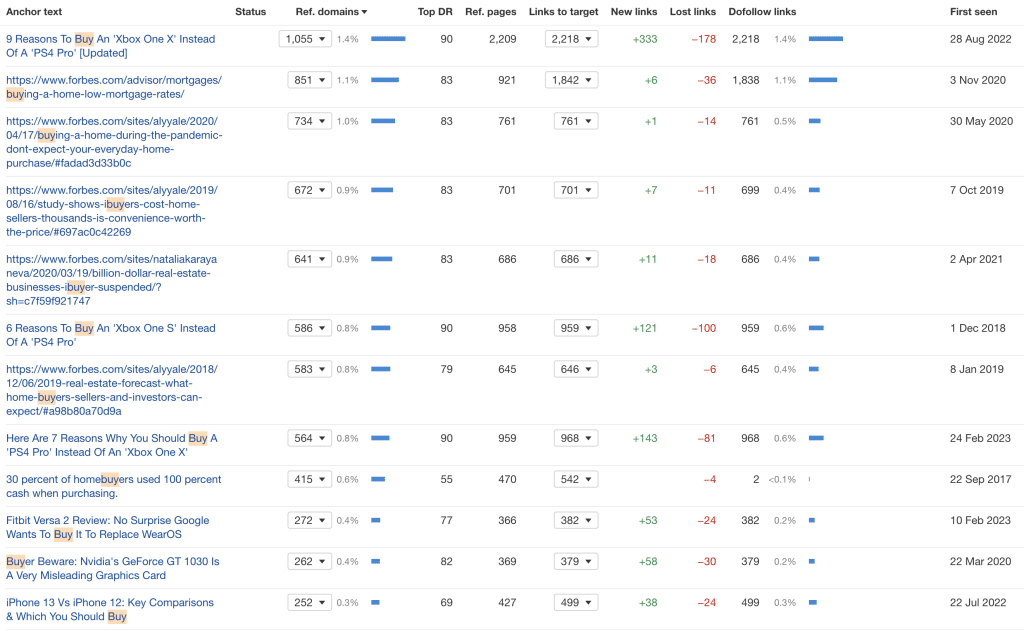
Forbes for years ran an alternate version of its website where it packed ads that were intended to run on Forbes.com, another sign that brands don’t always get what they pay for in the opaque digital-advertising market.
WSJ.com
- Keyword swarming utilizes the authority of the site to rank for sub par content
- Deployment of high-density, purchase keywords across scaled web pages for related topics
- Deceives search engines by artificially boosting the visibility of content using domain authority
- Technique undermines the integrity of search results, calls into question the ability for Google to interpret “quality” results
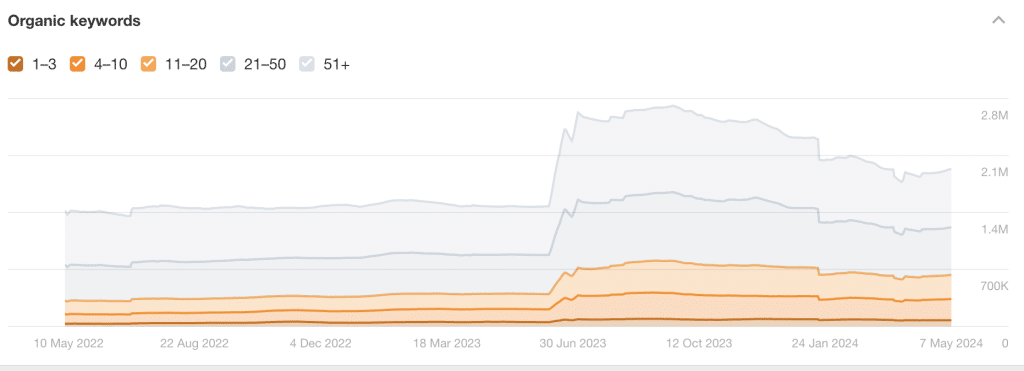
Additionally, practitioners of Keyword Swarming may employ tactics such as keyword stuffing, where keywords are indiscriminately inserted into content without regard for readability or user experience. This technique aims to artificially inflate the perceived relevance of the webpage to search engines, thereby increasing its likelihood of ranking higher in search results.
By inundating the webpage with a barrage of related keywords and exploiting the authority of the hosting website, practitioners of Keyword Swarming seek to trick search engines into perceiving the content as highly relevant and authoritative on the targeted topic. This deception ultimately results in undeservedly elevated rankings for the manipulated content, potentially at the expense of more deserving and credible sources.
One of the primary grievances voiced by users was the perceived lack of authenticity and relevance in Forbes’ content. As Keyword Swarming led to the excessive repetition of keywords and phrases throughout articles, some readers felt that the natural flow of writing was disrupted, and the content appeared forced and contrived. Instead of providing genuine insights and value, articles seemed tailored primarily to cater to search engine algorithms, sacrificing substance for the sake of keyword density. Consequently, users were less inclined to engage with such content, leading to decreased reader satisfaction and retention.
How to Spot Websites using Keyword Swarming in 2024
High-ranking websites with sudden keyword density spikes: Keep an eye on websites that experience sudden increases in keyword density across their content, particularly if these changes coincide with improvements in search engine rankings.
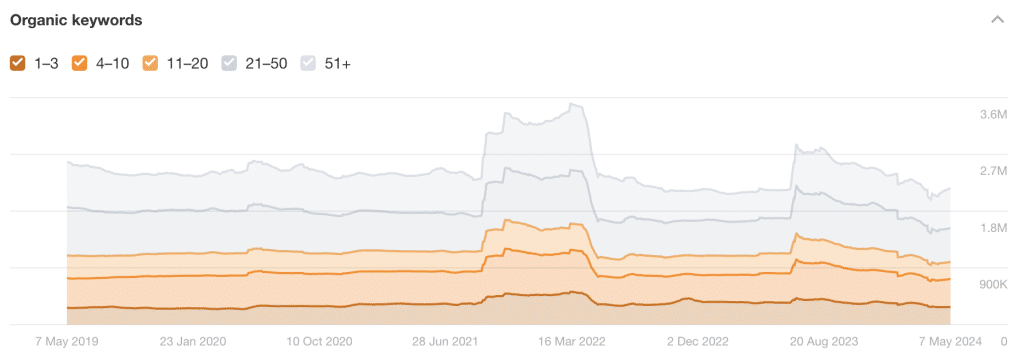
Poorly written or unnatural content: Websites that prioritize keyword placement over readability and coherence may be engaging in Keyword Swarming. Look for content that feels forced or repetitive, with keywords inserted in an unnatural manner.
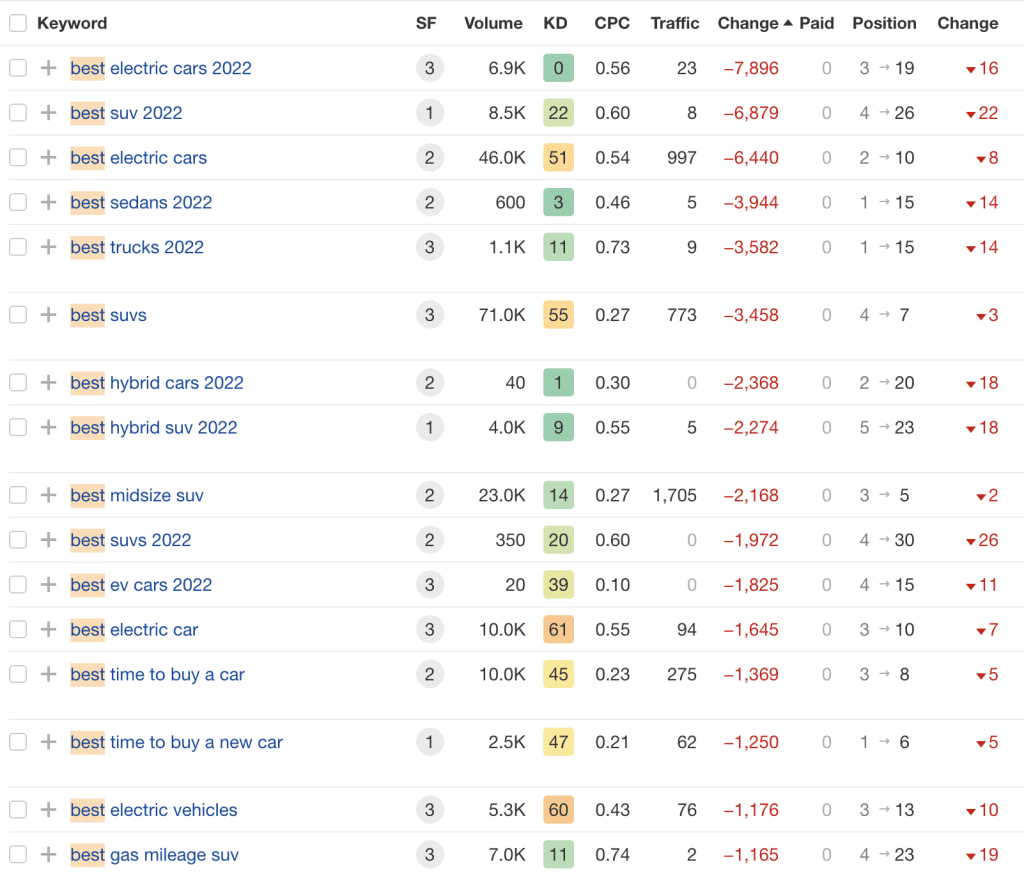
Inconsistent or irrelevant content: If a website’s content is inconsistent with its purported focus or includes irrelevant keywords, it may be attempting to manipulate search engine rankings through Keyword Swarming.
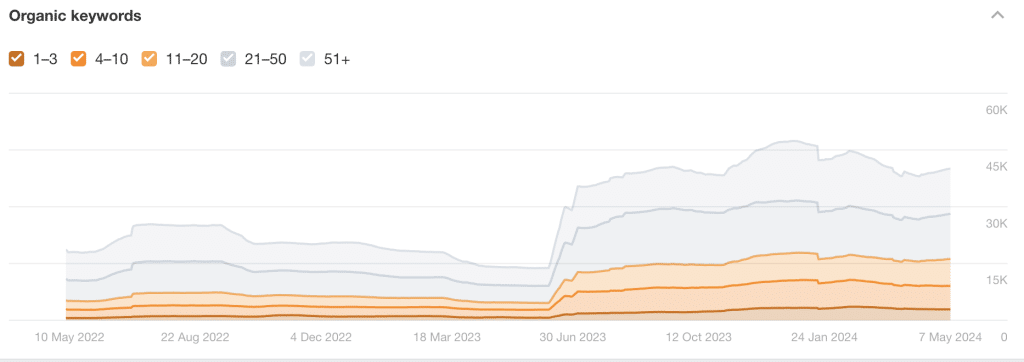
Overuse of anchor text: Pay attention to websites that excessively use keyword-rich anchor text in internal and external links, as this can be a sign of manipulative SEO practices.
Sudden fluctuations in search rankings: Websites that experience sudden fluctuations in search engine rankings, particularly without corresponding changes in content quality or relevance, may be employing tactics like Keyword Swarming.
Google Penalties for Keyword Swarming
When Google identifies a website engaging in Keyword Swarming or similar practices, it may impose various penalties that can significantly impact the site’s search visibility and rankings. These penalties can range from a decrease in rankings for specific keywords to a complete removal of the website from Google’s search index, effectively making it invisible to users searching for relevant queries.
The consequences of a Keyword Swarming Google Penalty can be severe and long-lasting, severely impacting the affected website’s online visibility, traffic, and ultimately, its bottom line. In addition to the direct impact on search rankings, websites may also suffer reputational damage and loss of trust among users if they are perceived as engaging in manipulative or spammy SEO practices.
Some examples from Google include:
- An educational site hosting a page about reviews of payday loans written by a third-party that distributes the same page to other sites across the web, with the main purpose of manipulating search rankings
- A medical site hosting a third-party page about “best casinos” that’s designed primarily to manipulate search rankings, with little to no involvement from the medical site
- A movie review site hosting third-party pages about topics that would be confusing to users to find on a movie review site (such as “ways to buy followers on social media sites”, the “best fortune teller sites”, and the “best essay writing services”), where the purpose is to manipulate search rankings
- A sports site hosting a page written by a third-party about “workout supplements reviews”, where the sports site’s editorial staff had little to no involvement in the content and the main purpose of hosting the page is to manipulate search rankings
- A news site hosting coupons provided by a third-party with little to no oversight or involvement from the hosting site, and where the main purpose is to manipulate search rankings
To avoid incurring a Keyword Swarming Google Penalty or Site Reputation Abuse, website owners and SEO practitioners should adhere to Google’s Webmaster Guidelines and focus on creating high-quality, relevant content that provides value to users. This includes avoiding tactics like keyword stuffing, prioritizing user experience, and focusing on organic, sustainable SEO strategies that prioritize the needs and intent of the audience.
Looking for assistance with compliance? Contact our team for affordable help.

 Optimizing eCommerce Businesses since 2016
Optimizing eCommerce Businesses since 2016